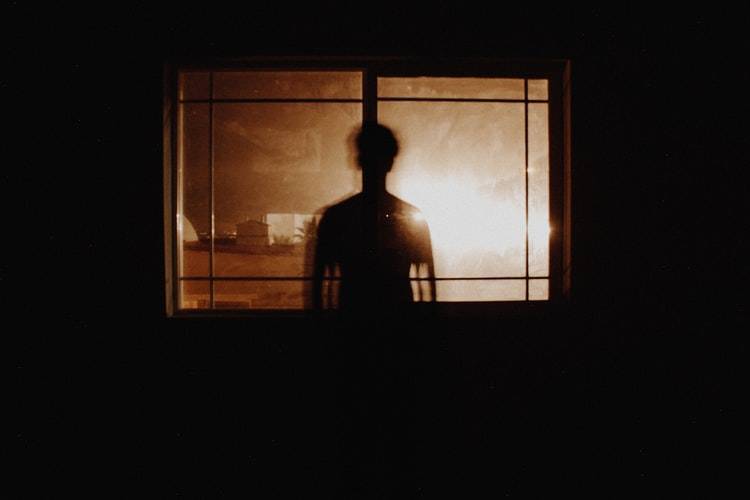The World Health Organization stated on Thursday that the impact of COVID-19 on mental health will be "long-term and far-reaching," urging experts and leaders to take action regarding anxiety and stress related to the pandemic. The pandemic has devastated livelihoods, disrupted families and communities, and bankrupted businesses.
The WHO said in a statement at the beginning of a two-day meeting in Athens with health ministers from dozens of countries, "Everyone is affected in one way or another; the anxiety about the transmission of the virus and the psychological impact of lockdowns and self-isolation" have contributed to a mental health crisis alongside pressures associated with unemployment, financial fears, and social isolation.
The statement added that "the effects of the pandemic on mental health will be long-lasting and significant."
Hans Kluge, the WHO's regional director for Europe, emphasized that mental health should be considered "a fundamental human right," stressing that the virus has contributed to tearing people's lives apart.
Kluge remarked at the conference, "The pandemic has caused a shock to the world... more than four million people worldwide have lost their lives, livelihoods have been destroyed, families and communities have been disrupted, businesses have gone bankrupt, and people have been deprived of opportunities."
The WHO called for an enhancement of mental health services overall and improving access to care using technology. It also urged for the improvement of psychological support services in schools, universities, workplaces, and for frontline workers combating COVID-19.
Ministers heard from a 38-year-old Greek woman named Katerina, who told them that she had been receiving treatment for a mental disorder since 2002 and was managing well until the pandemic, when she could no longer attend in-person support groups and could not see her father, which forced her to increase her medication. She stated that "the pressure of social isolation has led to increased anxiety."




